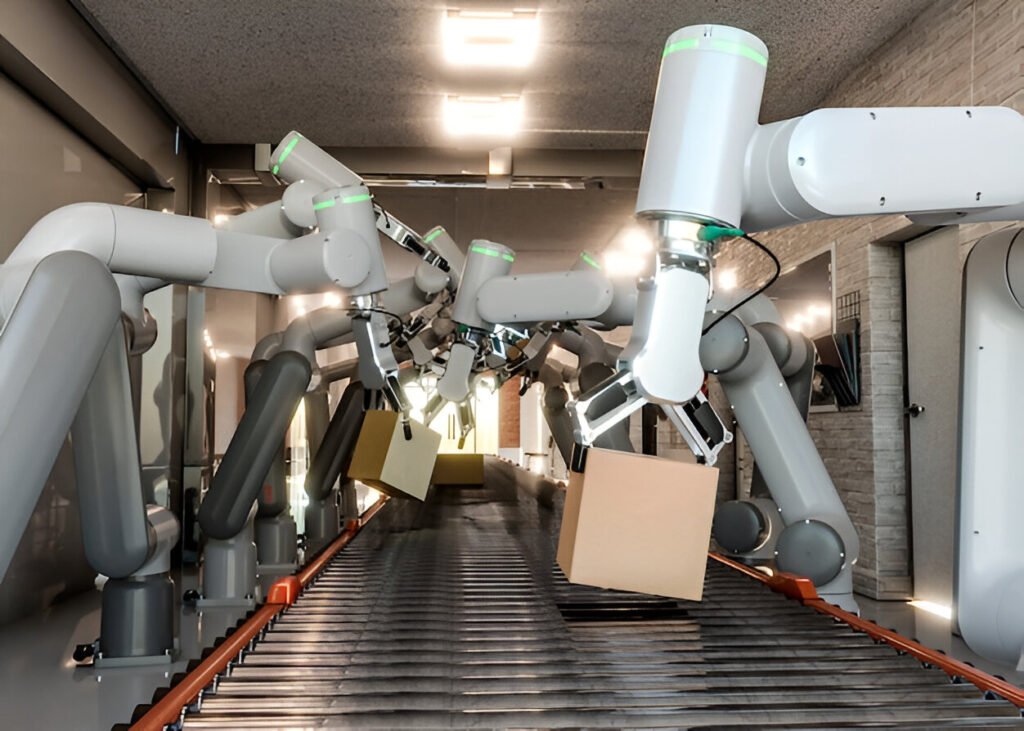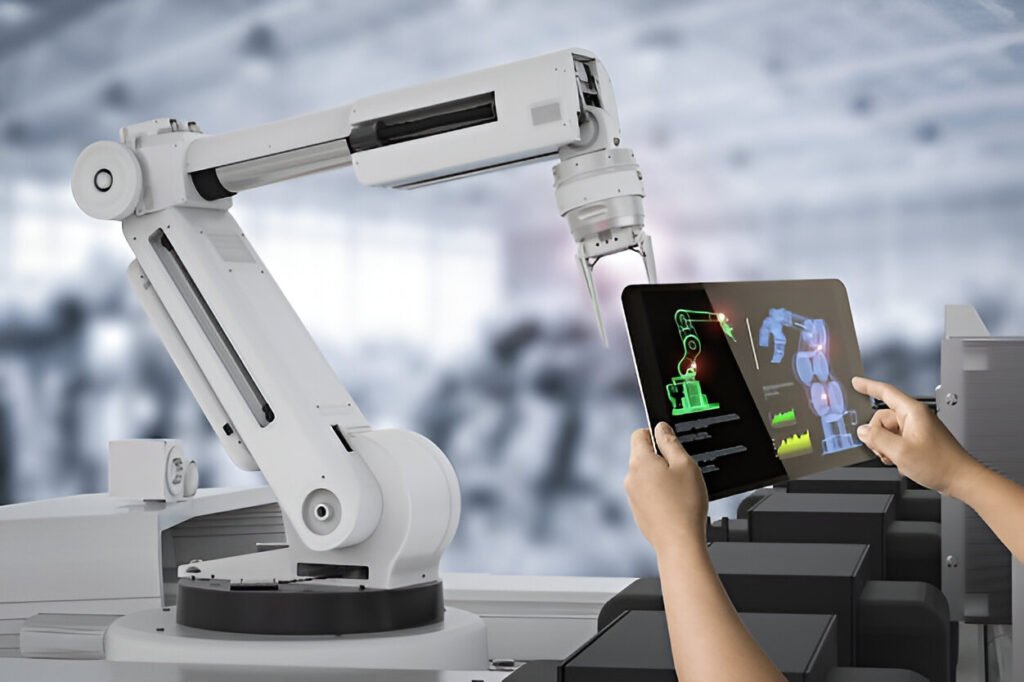Hardware automation is the backbone of modern embedded system validation. Whether you’re building IoT devices, automotive components, or industrial controllers, automation reduces development time, minimizes human error, and ensures repeatability. At QAP Software Solutions, we bring engineering-grade precision to every hardware test process.
We provide a complete spectrum of hardware automation testing services designed to validate embedded systems, PCBs, firmware, and industrial devices.
Simulate real-world inputs using HIL frameworks to validate your hardware’s real-time responses and behaviors.
We automate testing of microcontroller-based systems using custom scripts and test rigs.
Our tools trigger firmware actions and monitor outputs using programmable power supplies, serial logs, and digital analyzers.
We design custom test benches with DAQs, relays, and sensors to automate lab-level hardware testing.
We design reusable test cases for nightly executions to ensure consistent device performance across different firmware versions..
Emulate sensors like temperature, pressure, and accelerometers to test how the hardware reacts to simulated input.
Ensure robust communication through Wi-Fi, Bluetooth, Zigbee, or Ethernet.
We build modular test automation frameworks tailored to your lab hardware and testing tools.


Our robust hardware automation ecosystem includes a mix of proprietary test equipment and open-source tools:
This all-in-one toolkit keeps our hardware automation solutions flexible, trackable, and ready for deployment in production environments.
Our approach is methodically designed to address the complexities of validating integrated hardware and software systems.
We evaluate your schematics, firmware architecture, and compliance requirements to design a testing strategy.
Custom rigs, sensors, and tools are chosen based on the devices under test (DUT). We define automation scopes and test coverage metrics.
We build automated test frameworks that interact with your hardware through APIs, relays, sensors, and simulation boards.
Tests are run across voltage, frequency, and load conditions. Logs, waveforms, and device states are recorded for analysis.
Regression tests are triggered automatically, and data is compiled into visual dashboards for engineers and product managers.
We deliver defect maps, test case traceability, and compliance documentation to support audits and certifications.
Our hardware automation services are aligned with regulatory and industry standards across multiple sectors
ECU testing, CAN signal simulation, sensor response automation
IoT devices, wearables, home automation gadgets
FDA-compliant embedded device testing, sensor calibration
PLCs, control boards, HMIs, robotics systems
High-reliability board testing and MIL-STD-compliant hardware validation
Network equipment, IoT gateways, smart antennas

Hardware automation involves using scripts, tools, and test benches to validate physical devices, circuits, and embedded systems without manual intervention.
We test embedded boards, microcontrollers, sensors, actuators, consumer electronics, automotive ECUs, and industrial devices.
Yes. We automate firmware flashing, boot cycles, current draw testing, and error logging under various real-world conditions.
Absolutely. We create custom test benches and fixtures with relays, DAQs, and sensors for lab automation.
Yes. Our hardware automation frameworks integrate with Jenkins, GitLab CI/CD, and support nightly builds and regressions.